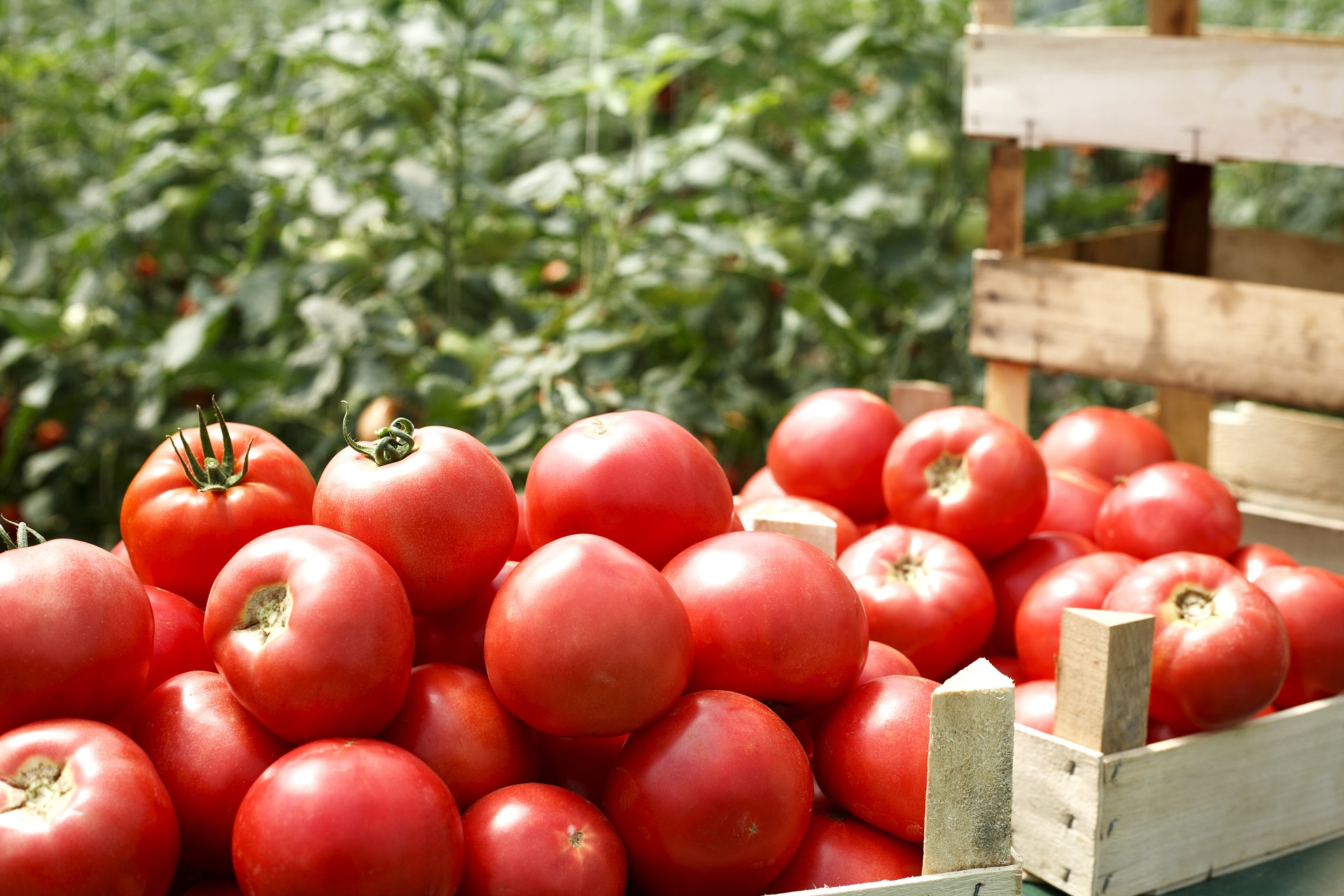
Farmers and growers: The benefits and pitfalls of supply contracts

Helen Griffin, a senior associate solicitor at Harrison Drury, explains the role of supply contracts in farming and agriculture business and highlights the importance of understanding the terms of any supply agreement that farmers and growers may plan to enter.
The events of 2020, including the COVID-19 pandemic and UK’s exit from the European Union, have tested the food production and supply industry like no other time in recent memory. We witnessed with concern the supermarket shortages in the early months of the global pandemic when supply chains and services were pushed to breaking point.
Further challenges are set to come with England in a third lockdown and the increased documentation requirements for imports and exports caused by the UK’s exit from the EU.
The adversity has only served to highlight the importance of UK’s many farmers and growers of food stuffs. They have risen to the challenge of keeping fresh fruit, vegetables and cereals on our shelves.
The background to agricultural supply contracts
Historically, it has been common for many farmers or growers to negotiate and enter into supply contracts with wholesalers for the purchase of their crops for future growing years. The grower enters into a supply contract in anticipation of the amount, size and quality of the crop it believes is feasible for it to produce and supply. The grower will acquire seed and farm its land accordingly.
The advantage for both grower and wholesaler of a supply contract is certainty. This is on the provision that the grower can supply the crop and is able to calculate its likely revenue based on an agreed pricing structure and contracted supply amounts.
In a growing year where crops are plentiful, contracted prices paid to the grower will be higher than those paid to growers outside of contracts on the open market; however, the opposite applies in times of poor growing conditions.
Inevitably there will be disparity in negotiating position with supply agreements. Such contracts are often presented to growers on standard terms with very little room for negotiation.
Understanding the terms of a supply agreement or contract
It is key to understand fully the terms of any supply agreement prior to it being entered into and this will minimise potential disputes. These terms include:
- Specification of crop to be supplied – this could relate to minimum and maximum sizing; varieties of the crop; colour requirements; shape of the produce.
- Volume of supply – this is often expressed in tonnage.
- Frequency of the supply – is a certain tonnage to be supplied on a daily, fortnightly or monthly period and is there any flexibility to this?
- Supply period – does this fit with when the crop or varieties of the crop are due to be harvested?
- Rejection of produce – who determines whether the specification has been met (usually the wholesaler) and what safeguards does the grower have to protect its position?
- Penalties – what happens if the grower is unable to fulfil the supply contract fully? Given that some growers will be unaware if there is a shortfall until the wholesaler notifies them, are there are notification requirements and is the grower provided with an opportunity to ‘buy in’ produce itself from a third party to meet any shortfall?
- Restrictions – is the grower agreeing to exclusivity of supply to the wholesaler? Are any other restrictions being imposed upon them?
- Dispute resolution – check carefully what mechanisms are in place in the contract for resolving any disputes. The agreement may set out its own dispute resolution procedure requiring the parties to engage in mediation or arbitration. Also consider what law and jurisdiction would apply to any dispute.
Due to the terms of many supply contracts, growers report often feeling forced to overproduce because there is pressure to always meet buyer orders or risk losing contracts. There is also an understanding amongst growers that wholesalers will use cosmetic standards as an excuse to reject produce when they discover they can get a lower price elsewhere, or following a fall in demand.
Rejection of produce on illegitimate or minor grounds is a huge problem for growers and is also a major contributor towards food wastage in the UK. Pressure is being place upon wholesalers and their customers, the manufacturers and supermarkets, to reduce wastage.
In 2015, the UK’s resource efficiency charity WRAP unveiled a commitment to make the food and drink industry more sustainable, named the Courtauld Commitment 2025. This voluntary charter has been signed by over 93% of the UK food retail industry with an ambitious target of reducing UK food and drink waste by 20% per person by 2025.
If you work in an agricultural business and have any queries regarding entering into supply contracts or dealing with disputes arising from them, please do not hesitate to contact Harrison Drury’s rural sector team on 01772 258321.
